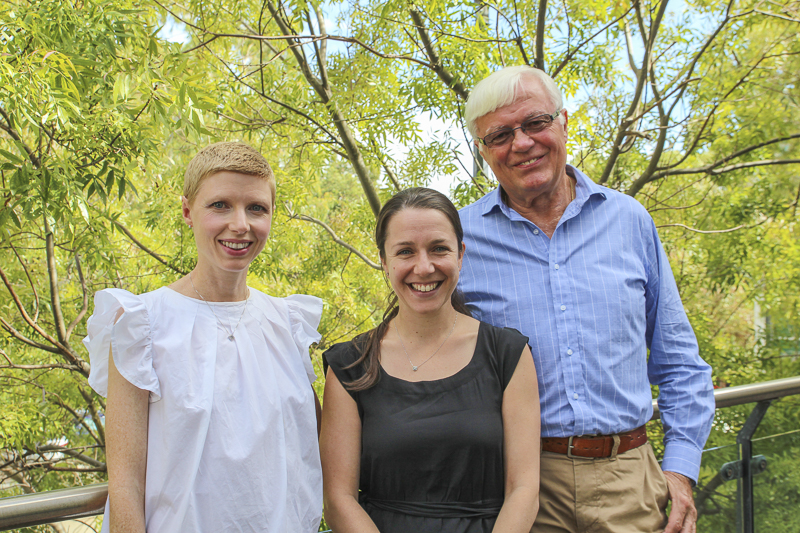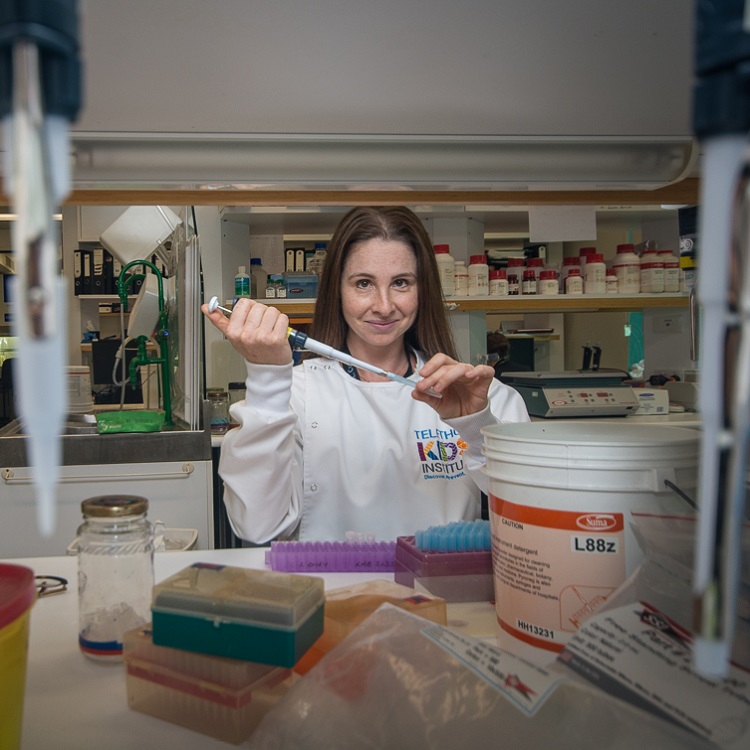Search

News & Events
Major conference tackles FASD from the head and the heartHundreds of delegates from around Australia, Canada and New Zealand arrive in Perth this week to discuss the latest knowledge about fetal alcohol spectrum disorder (FASD) at the 2nd Australasian FASD Conference 2018.

News & Events
Young ambassadors keep researchers on their toesFlat out trying hard to keep up with the ever-changing threats from cyberbullying, The Kids Research Institute Australia counts itself fortunate to have youth on its side.

News & Events
Trans Pathways breaks down barriers for Trans YouthWhen Trans Pathways ambassador Drew, 17, came out as trans three years ago, the biggest hurdle for him was the availability of services and the time it took to access support.

News & Events
Giorgetta Family FellowshipWith mental health issues an escalating problem among young people, looking after the mental health of future generations has never been more

News & Events
The Impact of Poverty - interview with Steve ZubrickGrowing up poor is about more than just the size of your bank account. Read the new CoLab Impact of Poverty Evidence Report.

News & Events
Early ear infections linked to higher risk of future problems: studyResearchers have found kids who experience repeat ear infections in infancy have a much higher risk of ongoing problems with ear infections in later childhood

News & Events
Government funding for innovative sun safety online tool for teensThe Kids researcher Dr Shelley Gorman has received a Healthway grant to develop an online tool to promote safe sun behaviours to teenagers.

News & Events
The Kids researchers share in $1.75m ACRF grant for cancer researchThree The Kids researchers are collaborating on a cancer research project that has been awarded a $1.75mill grant by the Australian Cancer Research Fund.

News & Events
$1.2million in funding secured for two innovative projectsThe Kids researchers are collaborating on two major projects that today received $1.2million in funding from MTPConnect.

News & Events
Young people suggest anti-smoking style interventions for energy drinksResearchers conducted a series of group interviews with young people to find out how much they knew about energy drinks and the consequences of drinking them.
